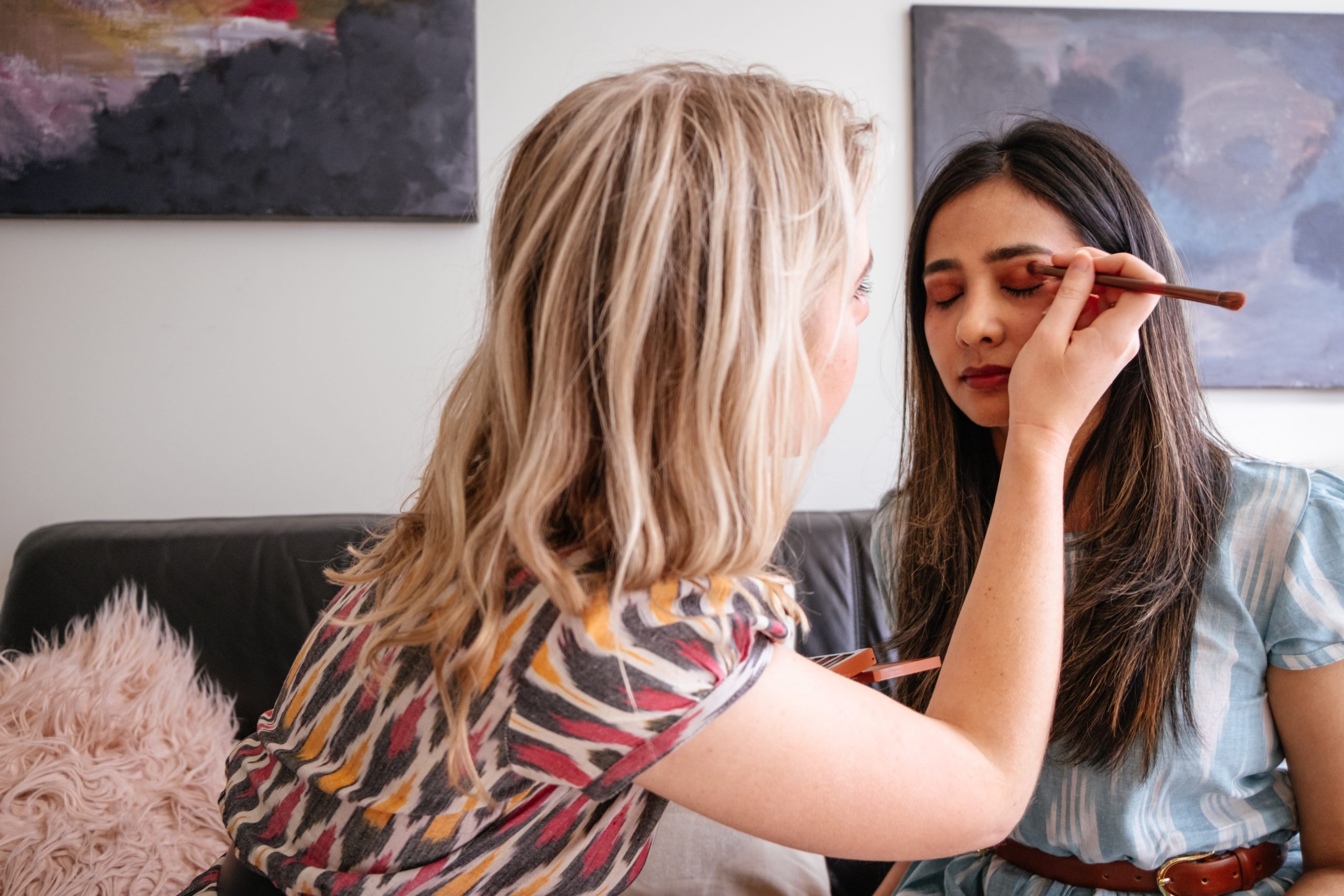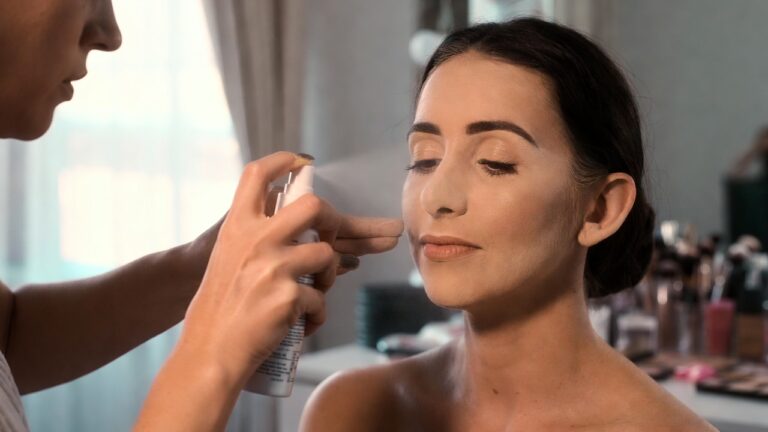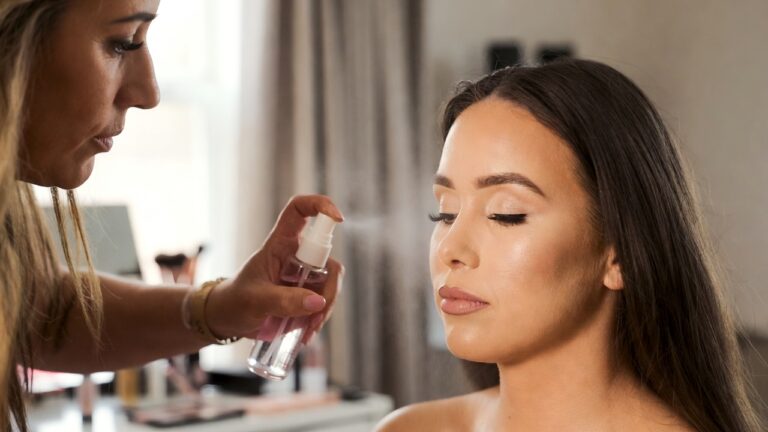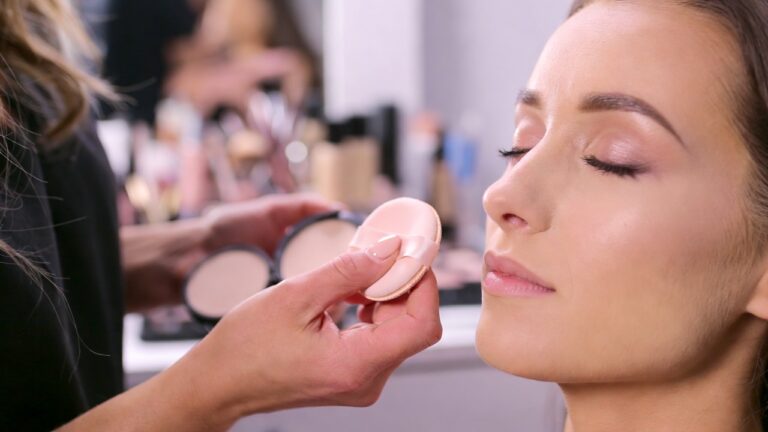Imagine standing in front of a mirror, makeup brushes in hand, ready to transform yourself. For many, makeup is more than just a routine; it’s a powerful tool that can influence how we perceive ourselves.
The art of makeup has a fascinating connection to our psychology, affecting our self-esteem, social interactions, and even our sense of self-identity.
In this comprehensive guide, we’ll delve into “The Psychology of Makeup: How Makeup Affects Self-Perception.”
I. Historical Perspective
Makeup has an ancient history, dating back thousands of years. From ancient Egypt to classical Greece, civilizations have used makeup not only for aesthetic purposes but also as a means of cultural and social expression.
Throughout history, makeup has been deeply intertwined with societal norms and cultural values. It often reflects the prevailing beauty standards of the time and can signify social status or identity.
In recent years, makeup has advanced from a traditional beauty practice to a form of self-expression and empowerment. Its role in self-perception has grown significantly, influenced by changing societal attitudes.
II. The Psychological Impact of Makeup
Self-esteem and Confidence
- Studies on Makeup and Self-esteem: Research has shown that wearing makeup can boost self-esteem by enhancing one’s perception of their physical appearance.
- Makeup as a Tool for Self-Confidence: Applying makeup can act as a confidence booster, helping individuals feel more assertive and capable in various social situations.
Social Perception
- Makeup and First Impressions: First impressions matter, and makeup can influence how others perceive us. It can convey professionalism, approachability, or creativity.
- Stereotypes and Makeup: Society often associates specific makeup looks with certain stereotypes, which can affect how individuals are judged based on their appearance.
Body Image
- Makeup’s Influence on Body Image: Makeup can play a role in enhancing body positivity and promoting a healthier self-image.
- Comparison and Makeup: The prevalence of makeup in media and social platforms can lead to unhealthy comparisons and unrealistic beauty standards.
III. Makeup and Self-Identity
Self-Expression Through Makeup
- Makeup as an Art Form: Many view makeup as a form of artistic expression, allowing individuals to experiment with colors, styles, and concepts.
- Individuality and Self-Identity: Makeup can be a tool for establishing and expressing one’s unique identity.
Makeup and Gender Identity
- Gender Roles and Makeup: The relationship between gender and makeup is complex. It challenges traditional gender roles and offers opportunities for self-discovery.
- Makeup’s Role in Gender Expression: Makeup can help individuals align their outward appearance with their gender identity.
IV. Makeup and Emotional Well-being
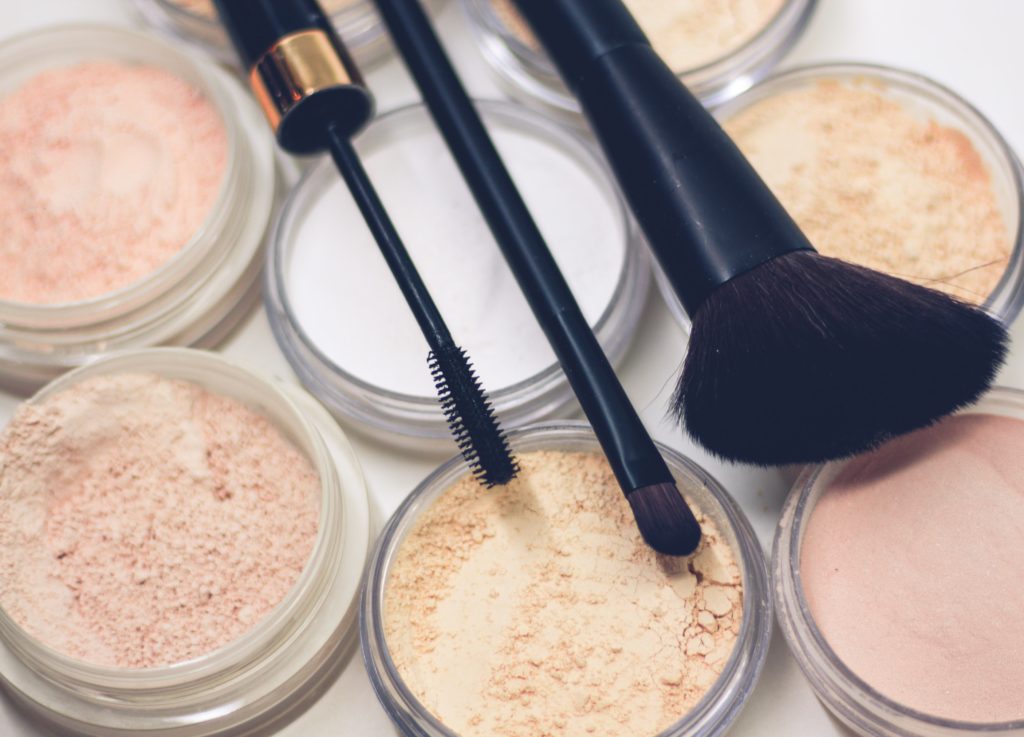
The Therapeutic Effects of Makeup
- Makeup as a Form of Self-Care: The act of applying makeup can be a self-soothing ritual, promoting mental well-being.
- Makeup and Mood Enhancement: Wearing makeup can boost mood, increase self-confidence, and alleviate symptoms of depression and anxiety.
The Risks of Makeup Addiction
Obsession and Excessive Use: While makeup can have positive effects, excessive use or dependence on makeup can lead to addiction and negatively impact mental health.
Negative Impact on Mental Health: Unrealistic beauty standards perpetuated by makeup culture can contribute to low self-esteem and body dissatisfaction.
V. Makeup and Society
The Beauty Industry’s Role
- Advertising and Beauty Standards: The beauty industry plays a significant role in shaping beauty standards, often reinforcing unrealistic ideals.
- Ethical Considerations: Increasing awareness of ethical issues in the beauty industry, such as animal testing and environmental impact.
Changing Perceptions and Trends
- Influencer Culture and Makeup Trends: Social media influencers have a profound impact on makeup trends and how we perceive beauty.
- Pushback Against Unrealistic Beauty Ideals: Some movements and initiatives aim to challenge traditional beauty ideals and promote diversity and inclusivity.
Conclusion
We’ve uncovered the profound influence makeup has on our self-esteem, self-identity, and emotional well-being. As our understanding of the psychology behind makeup continues to change, it’s essential to strike a balance between using makeup as a form of self-expression and maintaining a healthy self-image.
Frequently Asked Questions
1. How does makeup affect perception?
Makeup can influence how people perceive you by altering your appearance. It can convey different messages, such as professionalism, confidence, or creativity.
2. What are the psychological effects of makeup?
The psychological effects of makeup include increased self-esteem, improved confidence, altered self-identity, and even mood enhancement.
3. What does psychology say about makeup?
Psychology recognizes the profound impact of makeup on self-perception, body image, and emotional well-being. It highlights the complex interplay between makeup and human psychology.
4. How does makeup affect your self-esteem?
Wearing makeup can enhance self-esteem by improving one’s perception of physical appearance, leading to increased self-confidence.
5. How does beauty affect self-confidence?
Beauty, as perceived through makeup or other means, can boost self-confidence by aligning one’s appearance with societal ideals and personal preferences.
6. Why is makeup so powerful?
Makeup is powerful because it allows individuals to transform their appearance, express themselves creatively, and enhance their self-esteem and confidence.
7. How do beauty standards affect self-confidence?
Beauty standards can influence self-confidence by creating unrealistic ideals that individuals may feel pressured to conform to, potentially leading to low self-esteem.
8. How does appearance affect psychological well-being?
Appearance can significantly impact psychological well-being. Positive self-perception can lead to improved mental health, while negative self-image can contribute to mental health issues.
9. How do beauty contests affect women’s self-esteem?
Beauty contests can both boost and damage self-esteem. Winning can provide a sense of accomplishment, but the focus on physical appearance may also lead to insecurity and body image issues.
10. What is the relationship between appearance and confidence?
The relationship between appearance and confidence is intricate. Positive self-perception, often influenced by appearance, can bolster confidence, but genuine confidence should extend beyond physical attributes.
